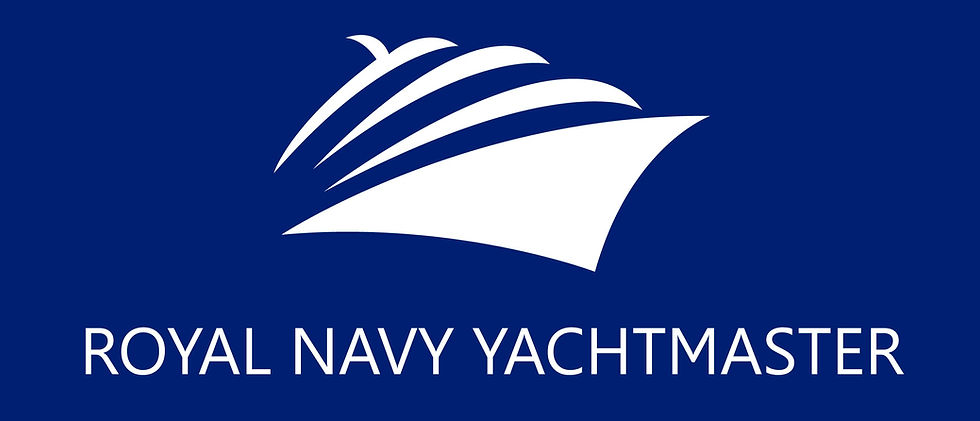Top 10 Safety Tips for Boat Owners
- dmorris868
- Jun 29, 2023
- 2 min read
Updated: Apr 17, 2024
As a boat owner, it's important to prioritize safety and learn how to handle your boat properly. Here are ten essential things you should know about safe boat handling:

1. Learn navigation basics: Understand how to read charts and use navigational aids like buoys, markers, and GPS systems. Be aware of navigational hazards such as rocks, shoals, and shallow areas.
2. Be aware of weather conditions: Check the weather forecast before heading out and be aware of how it may change throughout the day. Avoid boating in severe weather conditions and learn to recognize signs of changing weather while on the water.
3. Understand local boating regulations: Familiarize yourself with the boating laws and regulations specific to your area. Know the speed limits, navigational/collision rules (Download our “Boat-Safe” app – available on Apple and Android devices), and any restricted or prohibited zones.
4. Conduct pre-departure checks: Before heading out on the water, inspect your boat thoroughly. Ensure that all safety equipment is on board and in good working condition, including life jackets, fire extinguishers, navigation lights, and distress signals.
5. Practice docking and maneuvering: Docking can be challenging, so practice in different conditions and become comfortable with maneuvering your boat in tight spaces. Learn proper techniques for approaching, tying up, and departing from docks. Learning to manage your fear while docking with everyone at your marina watching is key! (Avoid a DOCKING DISASTER and hire Royal Navy Yachtmaster)
6. Maintain a safe speed: Always operate your boat at a safe speed, considering the water conditions, visibility, and other boat traffic. Slow down in crowded areas, narrow channels, or in poor visibility situations.
7. Keep a lookout: Maintain a proper lookout at all times. Scan the water for other boats (including and especially jet skis!), swimmers, and potential hazards. Be especially cautious around congested areas, blind spots, and in low-light conditions.

8. Use proper anchoring techniques: Understand how to anchor your boat securely. Use appropriate anchor types and sizes for the conditions you're in. Familiarize yourself with anchoring methods, such as setting the anchor properly and accounting for tidal changes.
9. Communicate and file a float plan: Inform someone reliable about your boating plans, including your departure time, destination, and estimated return time. This way, if something goes wrong, rescuers will have an idea of where to start searching.
Remember, safe boat handling is an ongoing process. Continually educate yourself about boating safety, stay updated on regulations, and never hesitate to seek advice from experienced boaters or local authorities.
10. Get proper training: Enroll in a boating safety course or seek instruction from a
qualified instructor (hint hint- Royal Navy Yachtmaster). This will provide you with the necessary knowledge and skills to handle your boat safely.
Thanks so much for reaching and please do not hesitate to reach out if there is anything we can do to make you be safer, have more fun and look cool on your boat!





Comments